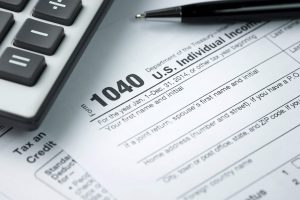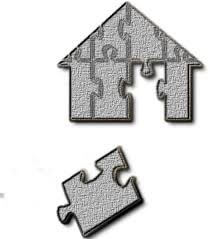
As a CPA with a substantial real estate practice, I found the recent controversy regarding Donald Trump’s tax losses and the possibility that he paid no federal income tax to be quite interesting. Although we do not know what part, if any, of the losses arose from Mr. Trump’s real estate activities, it is not unusual or illegal for real estate professionals to deduct tax losses resulting from their real estate activities.
News reports indicate that Donald Trump’s 1995 federal income tax return reflected a tax loss of approximately $916 million dollars, which may have been carried forward to offset income and reduce Trump’s taxes in succeeding years. As this revelation appears to be the source of public outrage, I wanted to explain taxation of rental real estate and how owners and investors may legally benefit from losses.
Trump most likely operates many of his business ventures as “pass-through” entities, such as partnerships and limited liability companies. Pass-through entities pass through all of their earnings, losses and deductions to their owner, for inclusion on their personal income tax returns. In the case of losses, the owner or member can use these losses to offset other income and carry forward any excess to future years. As with all things taxes, there are requirements that must be met (see Passive Loss Limitations in Rental Real Estate).
Owners of rental real estate are not only allowed to deduct for mortgage interest, real estate taxes and other items, but also depreciation. The Internal Revenue Code allows for depreciation of assets used in a trade or business, which include rental real estate. This is an allowance for the wear and tear of the building and astute taxpayers can further benefit from depreciation by accelerating their depreciation deductions (see my blog, The Tax Benefits of Cost Segregation in Real Estate). While many properties are increasing in value, the owners are receiving an income tax benefit in the form of an annual tax deduction for the wear and tear of the building.
If certain requirements are met, a real estate professional, as defined by the Internal Revenue Code (there is no reference to “Mogul” in the Code) can offset other items of income with losses generated by their real estate activities. I have more details on the income tax advantages of being a real estate professional in a previous blog posting, Passive Activity Loss and the Income Tax Puzzle for Real Estate Professionals.
Donald Trump invested in many business ventures during the 1980s and 1990s and real estate may have only been a small part of the substantial loss reflected on his 1995 tax return. Without Mr. Trump’s tax returns, we will never know. As an accountant, I’m more curious about the transactions that gave rise to the loss and the application of the specific tax law provisions permitting deduction of these losses.

 It all comes down to passive and non-passive activities related to property.
It all comes down to passive and non-passive activities related to property. Any real property development, redevelopment, construction, reconstruction , acquisition, conversion, rental, operations, management, leasing or brokerage trade or business qualifies as real property trade or business.
Any real property development, redevelopment, construction, reconstruction , acquisition, conversion, rental, operations, management, leasing or brokerage trade or business qualifies as real property trade or business.